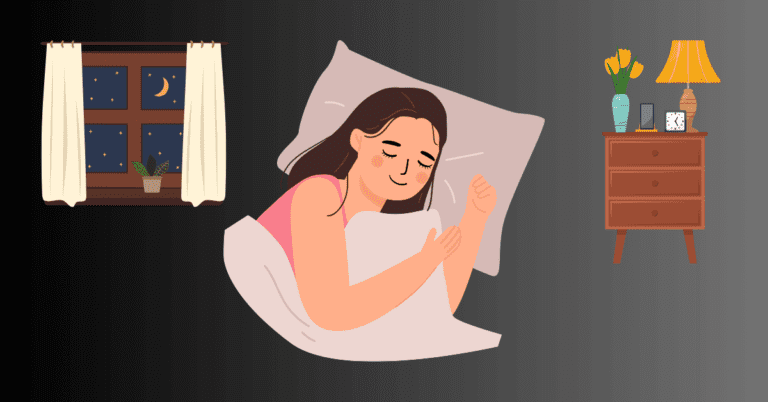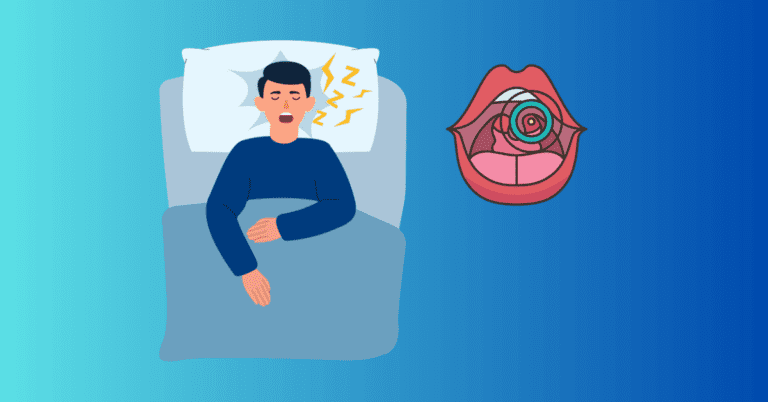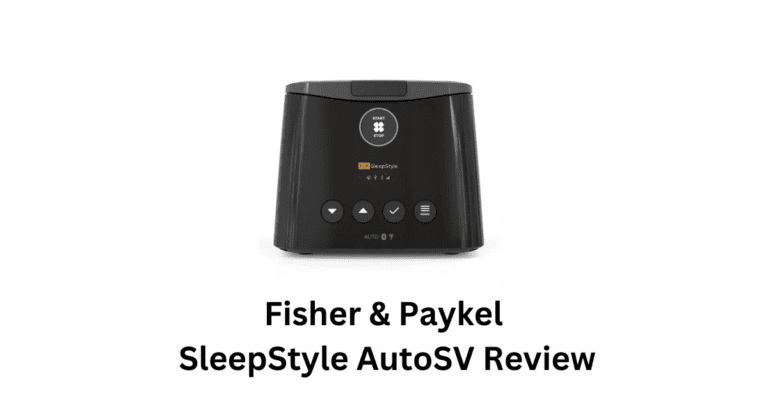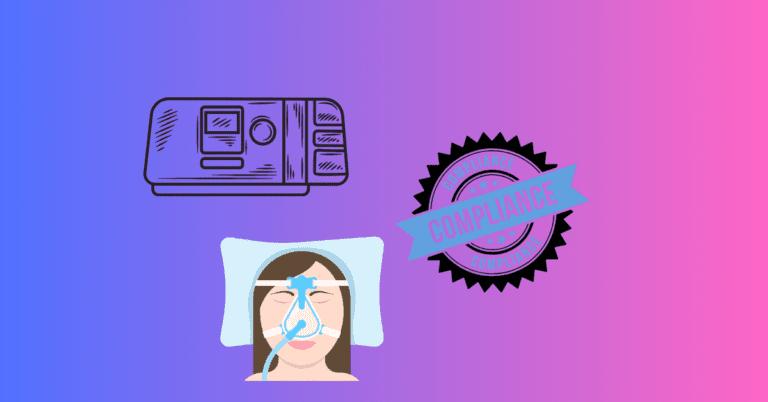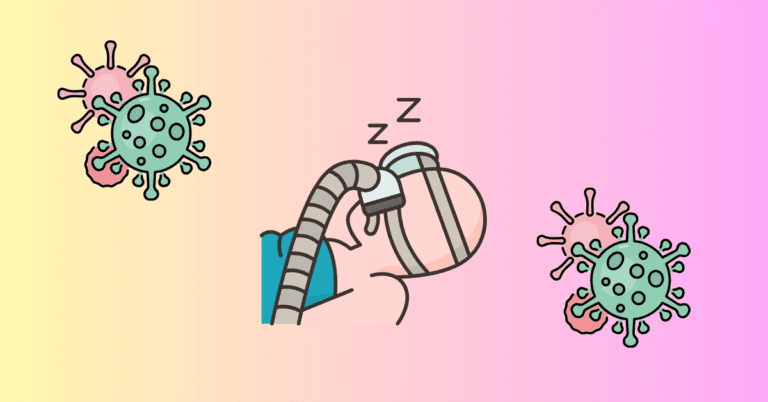Nighttime Urination and Sleep Apnea:
If you wake up frequently during the night to use the bathroom, you’re not alone.
Nocturia, or frequent nighttime urination, affects millions of people and can be disruptive to a good night’s sleep.
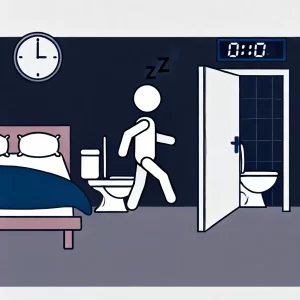
While there are many potential nocturia causes, one often overlooked contributor is sleep apnea.
In this article, I’ll explore the connection between sleep apnea and nighttime urination, why it happens, and how treating sleep apnea can reduce those nighttime bathroom trips.
What Is Nocturia?
Nocturia refers to the need to wake up multiple times during the night to urinate. While it’s normal for most people to wake up once to use the bathroom, waking up two or more times can indicate an underlying issue. Nocturia can interfere with sleep quality, leading to daytime fatigue, difficulty concentrating, and even mood disturbances.
The causes of nocturia can vary and include:
- Excess fluid intake before bedtime.
- Diuretics or other medications.
- Bladder conditions, such as overactive bladder or urinary tract infections.
- Heart failure or other medical conditions.
- Sleep apnea, is a condition that is often overlooked as a cause of frequent nighttime urination.
What Is Sleep Apnea?
Sleep apnea is a sleep disorder is what I have and is characterized by repeated interruptions in breathing during sleep.
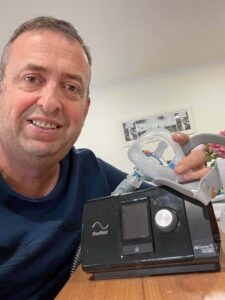
The most common type is obstructive sleep apnea (OSA), where the airway becomes blocked, often due to the relaxation of throat muscles. These blockages lead to apneas (pauses in breathing) that can occur many times throughout the night.
Each time breathing stops, the brain briefly wakes the body to restore normal airflow, even if the person isn’t fully aware of it. These frequent interruptions prevent individuals from reaching deep, restorative sleep, which can lead to a variety of health problems, including excessive daytime sleepiness, cognitive issues, and an increased risk of heart disease and stroke.
How Sleep Apnea Leads to Night time Urination
It may not seem obvious at first, but there is a strong link between sleep apnea and nocturia. When sleep apnea disrupts your breathing, it triggers a series of physiological changes in the body that can result in nighttime urination. Here’s how it happens:
Increased Production of Atrial Natriuretic Peptide (ANP)
During an apnea episode, the body experiences stress due to the lack of oxygen. This stress causes the heart to stretch slightly, leading to the release of a hormone called atrial natriuretic peptide ANP. ANP signals the kidneys to remove more sodium and water from the bloodstream, which increases urine production.
As a result, people with untreated sleep apnea may find themselves waking up several times during the night to urinate, even if they haven’t consumed much fluid before bed.
The Role of Frequent Arousals
Each time the brain briefly wakes the body to resume breathing after an apnea, it also triggers increased activity in the bladder. This can heighten the feeling of needing to urinate, even if the bladder isn’t full. Throughout the night, these frequent awakenings can make it seem like you constantly need to use the bathroom.
Poor Sleep Quality
The disrupted sleep caused by sleep apnea can alter the body’s normal circadian rhythm, including the signals that control urine production. Typically, urine production decreases at night to allow for uninterrupted sleep, but with sleep apnea, this balance is disturbed, leading to an increased urge to urinate.
Symptoms of Nocturia Caused by Sleep Apnea
The symptoms of nocturia related to sleep apnea may overlap with other conditions that cause frequent nighttime urination, but there are a few key signs to watch for:
- Waking up multiple times to urinate: You may wake up two or more times per night with a strong urge to use the bathroom.
- Daytime fatigue and drowsiness: Despite frequent urination, you still feel tired during the day due to disrupted sleep.
- Loud snoring and gasping for air: Sleep apnea is often accompanied by loud snoring, choking, or gasping sounds during sleep.
- Dry mouth or sore throat upon waking: Breathing interruptions during sleep can leave you with a dry mouth or sore throat in the morning.
- High blood pressure: Untreated sleep apnea can contribute to hypertension, which may further complicate nocturia.
If you’re experiencing these symptoms, untreated sleep apnea may be contributing to your nighttime urination.
Diagnosing Sleep Apnea and Nocturia
If you suspect that sleep apnea may be the underlying cause of your frequent nighttime urination, it’s essential to get an accurate diagnosis. Sleep studies are the most effective way to diagnose sleep apnea and determine its severity. During a sleep study, your breathing patterns, oxygen levels, and sleep stages will be monitored to detect episodes of apnea and hypopnea (shallow breathing).
Additionally, your doctor may ask you to keep a sleep diary to track your sleep patterns and urination frequency, which can help identify whether sleep disruptions are contributing to your nocturia.
Treating Sleep Apnea to Reduce Nighttime Urination
The good news is that treating sleep apnea can significantly reduce or eliminate nighttime urination in many cases. Here are the most common treatment options for sleep apnea:
CPAP Therapy
Continuous Positive Airway Pressure (CPAP) therapy is the most effective treatment for obstructive sleep apnea. A CPAP machine like mine shown above delivers a constant stream of air through a mask, keeping the airway open during sleep. By preventing apnea episodes, CPAP helps to reduce the release of ANP, leading to less urine production at night. Many people report a dramatic reduction in nighttime urination after starting CPAP therapy.
Oral Appliances
For individuals who can’t tolerate CPAP, oral appliances may be an effective alternative. These devices reposition the jaw or tongue to keep the airway open and reduce apneas, improving sleep quality and reducing nocturia.
Lifestyle Changes
Making certain lifestyle changes can also help improve both sleep apnea and nocturia, such as:
- Losing weight, as excess weight is a major risk factor for both sleep apnea and nocturia.
- Reducing alcohol and caffeine intake, as these substances can increase urine production and worsen sleep apnea.
- Avoiding large meals before bedtime, which can help reduce pressure on the diaphragm and improve breathing.
Positional Therapy
For people whose sleep apnea is position-dependent (worsening when they sleep on their back), positional therapy can help keep the airway open. This may involve using special pillows or devices to encourage side sleeping.
When to See a Doctor
If you’re experiencing frequent nighttime urination and suspect that sleep apnea may be the cause, it’s important to consult a healthcare professional. Left untreated, sleep apnea can lead to serious health complications, including high blood pressure, heart disease, and stroke. By addressing both sleep apnea and nocturia, you can improve your sleep quality and overall health.
A sleep specialist can help you determine the best course of treatment, whether it’s CPAP therapy, an oral appliance, or lifestyle modifications. With proper management, you can reduce those frequent bathroom trips and get a better night’s sleep.
I hope you found this Nighttime Urination and Sleep Apnea article helpful.
